On the centennial of his birth, James Baldwin remains relevant today
Share
Explore Our Galleries
Breaking News!
Today's news and culture by Black and other reporters in the Black and mainstream media.
Ways to Support ABHM?
By Andrew Limbong, NPR
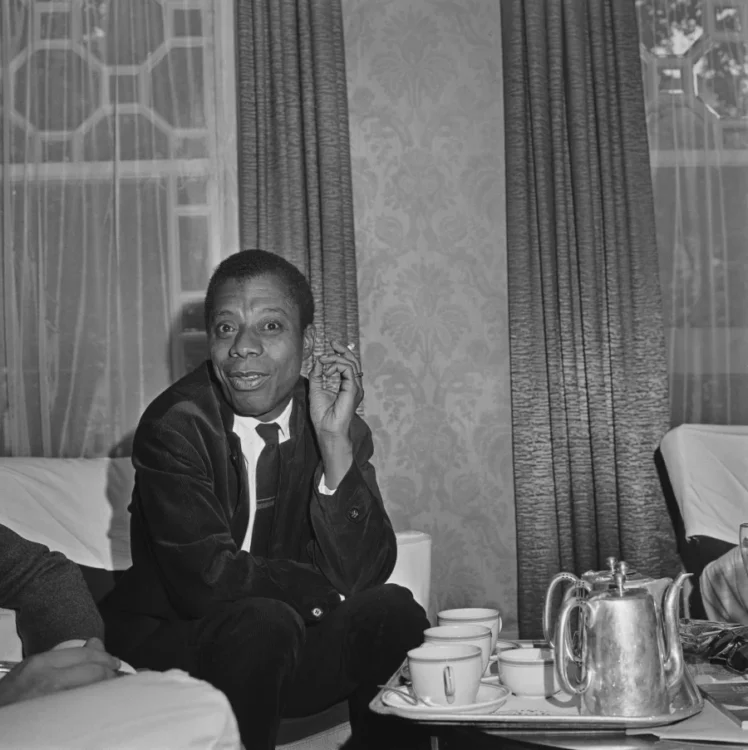
James Baldwin would have celebrated his 100th birthday Friday — on Aug. 2. On NPR and elsewhere, you can find deep examinations of his legacy – as everything from an orator, a fashion icon, to civil rights activist. But he was, of course, a writer first and foremost.
So, we thought: Why not spend a moment breaking down a few of his sentences to figure out what made his writing so affecting, so indelible, so good that it’s still worth reading today?
We’ve chosen a few lines from two of his most well-known books — his essay collection The Fire Next Time and his novel Go Tell It on the Mountain.
[…]
The Fire Next Time
The two essays in The Fire Next Time were published in the 1960s. But they still sounded new in the early 2000s when Jesmyn Ward first read them.
[…]
You were born where you were born and face the future that you faced because you were black and for no other reason. The limits of your ambition were, thus, expected to be set forever. You were born into a society which spelled out with brutal clarity, and in as many ways as possible, that you were a worthless human being.
James Baldwin, The Fire Next Time
See more examples of Baldwin’s writing and its lasting power.
Learn more about the Civil Rights Era.
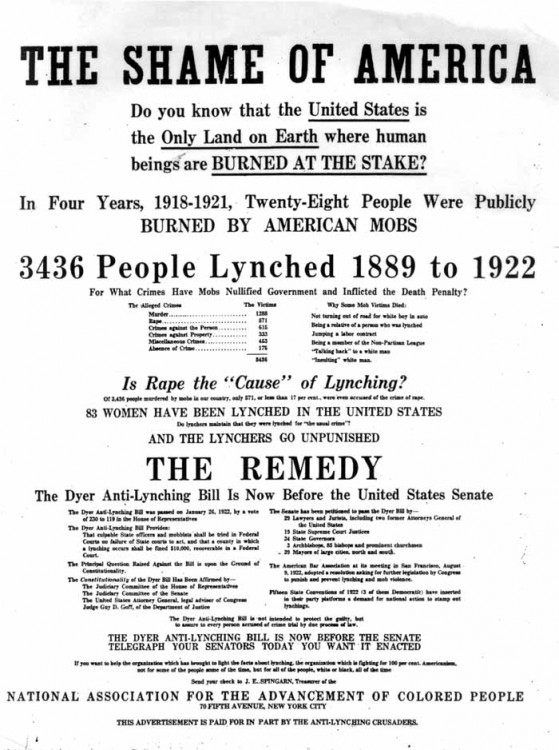
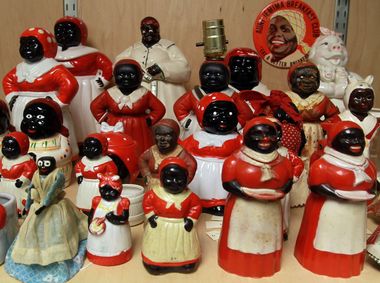
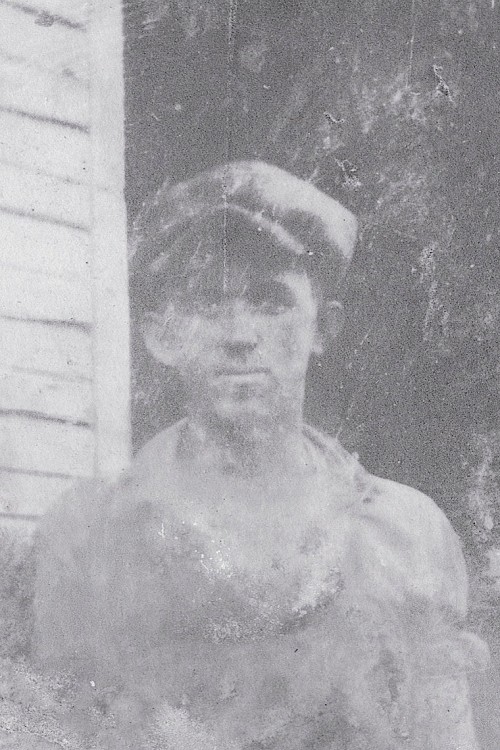
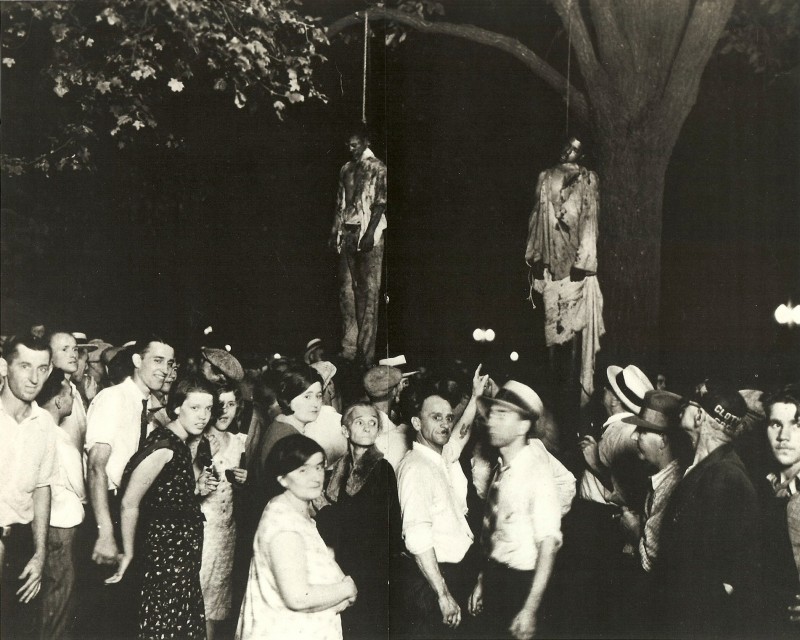
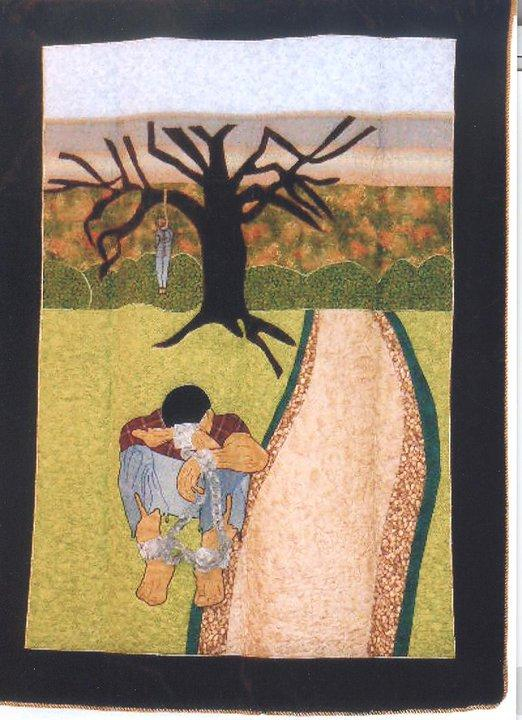




Comments Are Welcome
Note: We moderate submissions in order to create a space for meaningful dialogue, a space where museum visitors – adults and youth –– can exchange informed, thoughtful, and relevant comments that add value to our exhibits.
Racial slurs, personal attacks, obscenity, profanity, and SHOUTING do not meet the above standard. Such comments are posted in the exhibit Hateful Speech. Commercial promotions, impersonations, and incoherent comments likewise fail to meet our goals, so will not be posted. Submissions longer than 120 words will be shortened.
See our full Comments Policy here.